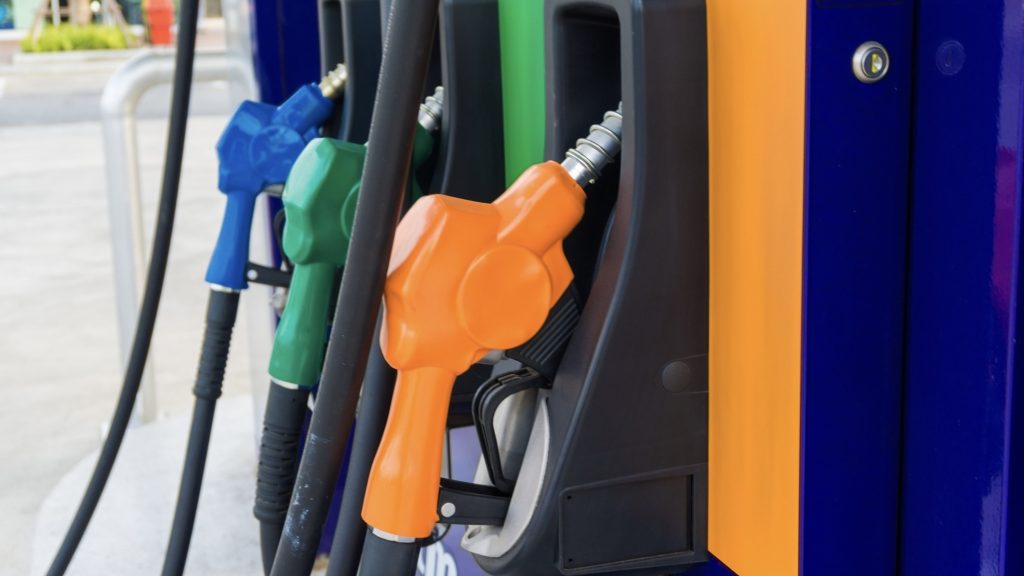Thailand’s inflation rate rose by 0.9% in April, marking the first increase in seven months. Poonpong Naiyanapakorn, director of the Trade Policy and Strategy Office, expects the inflation rate to rise by 0.8%-1.0% in the second quarter.
The consumer price index for April was 108.16, 0.19% higher than the same period last year. The increase in inflation is due to higher oil prices and the rising prices of various agricultural products, especially vegetables and fruits, as a result of hot weather and drought.
Poonpong stated that 430 items were used to calculate the April inflation rate. Among them, prices of 279 items increased, 53 remained unchanged, and prices of 101 items decreased.
This led to a 0.2% increase in prices for the food and non-alcoholic drinks category. However, prices of pork, mackerel, vegetable oil, and garlic decreased.
Prices of non-food and alcoholic drink items increased by an average of 0.12%, primarily due to higher prices of gasohol 95, 91, E20, and benzine 95.
The average consumer price index for the first four months dropped by 0.55% compared to the same period last year, but basic inflation for April increased by 0.37% and increased by an average of 0.42% for the first four months of this year.
Poonpong predicted that inflation in May will increase by 1.0%-1.5% compared to the same period last year, mainly due to the price increases of several agricultural products.
Inflation is expected to steadily increase over the remaining eight months, but at a minimal rate. However, Poonpong cautioned that the minimum wage increase to 400 baht and the 10,000 baht payments in the “digital wallet” scheme may further increase inflation, but it would still be within the 1% range, assuming economic growth is between 2.2% and 3.2%, global crude oil prices are between 80 and 90 US dollars per barrel, and the baht currency is 34.5-36.5 baht against the US dollar.









